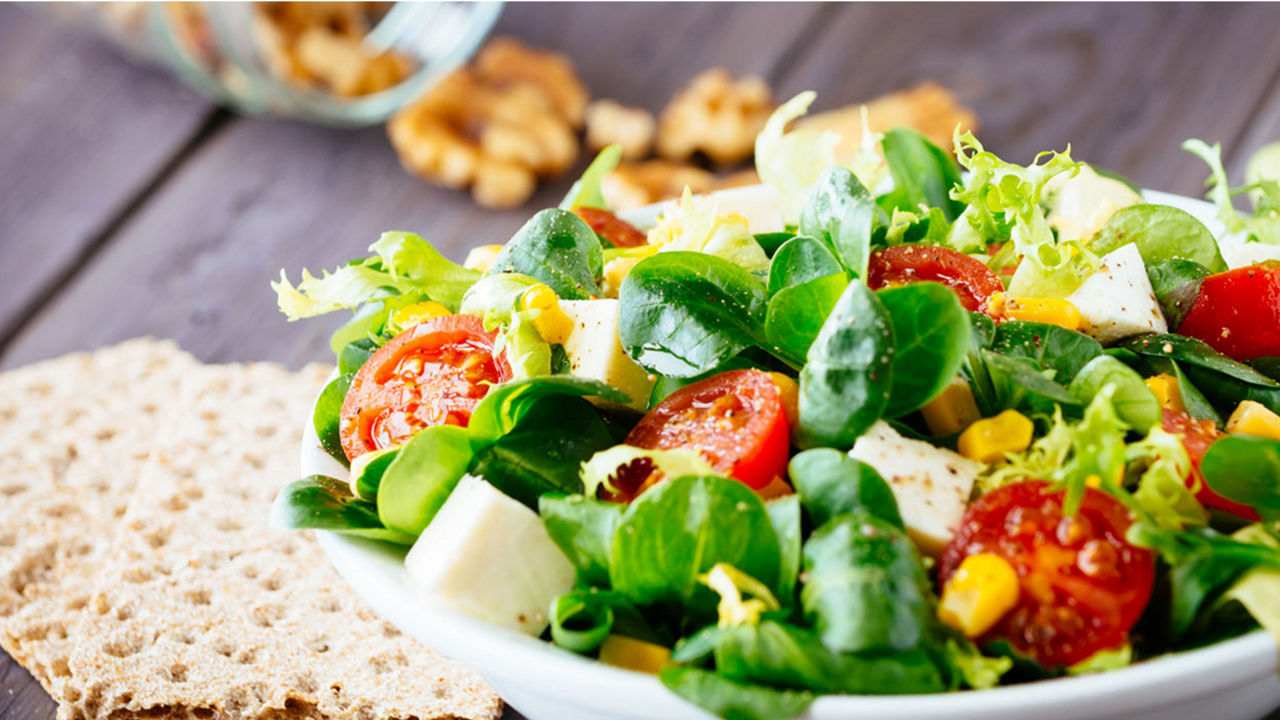Breastmilk is the best for babies. The World Health Organisation recommends exclusive breastfeeding for the first six months of life. Unnecessary introduction of bottle feeding or other food and drinks will have a negative impact on breastfeeding. After six months of age, infants should receive age-appropriate foods while breastfeeding continues for up to two years of age or beyond. Consult your doctor before deciding to use infant formula or if you have difficulty breastfeeding.
- Week 1
- Week 2
- Week 3
- Week 4
- Week 5
- Week 6
- Week 7
- Week 8
- Week 9
- Week 10
- Week 11
- Week 12
- Week 13
- Week 14
- Week 15
- Week 16
- Week 17
- Week 18
- Week 19
- Week 20
- Week 21
- Week 22
- Week 23
- Week 24
- Week 25
- Week 26
- Week 27
- Week 28
- Week 29
- Week 30
- Week 31
- Week 32
- Week 33
- Week 34
- Week 35
- Week 36
- Week 37
- Week 38
- Week 39
- Week 40
Nutrition After Birth
It is important to quickly regain strength and energy after birth. You will require a lot of energy in the near future. It is now important to compensate possible nutritional deficiencies from your pregnancy to support vital development of both mother and child.
Your body is weakened after giving birth. You actually might want a vacation to get away from this stressful yet exciting experience. However, there are tasks waiting for a young mother like you that require a lot of strength and need you to be in a stable constitution. You might feel that you have reached your physical limits quickly from the all-round care of your baby. But not to worry – with well-balanced diets, you can be ready to experience enjoyable moments with your baby.
Usually, your family members and/or confinement helper will help you with your baby.
The first priority should be replenishing your nutrient storage from pregnancy and birth.
To compensate for blood loss at birth, your everyday foods should include wholegrains, nuts, meat, fruits and vegetables, and foods with abundance of iron.
Essential fatty acids are very important for the regeneration of your tissue after birth. They can be found in vegetable oils, nuts and fish. You should consume oily fish at least once a week.
Essential fatty acids
Essential fatty acids and Omega-3 fatty acids can also prevent postpartum depression. In countries with high fish consumption, women suffering from postnatal depression are rare.
In pregnancy, calcium reduces from bones and teeth. It is important that you consume 2 glasses of milk daily. Calcium is also found in dairy products like cheese, yoghurt, cottage cheese and some vegetables such as kale and broccoli.
Your diet should comprise a variety of different food groups and daily intake of fruits and vegetables. However, pay attention to wholegrains or carbohydrates in your diet, such as bread, cereals, potatoes, rice and pasta as it provides as a source of energy.
An old recipe
The chicken soup is known as part of the diet in postpartum. This recipe is administered to every woman in China as their first meal after the birth. This enables them to build up energy which is known as Qi or Chi in China, to assist the build-up of blood. The longer the soup is cooked, the more Qi it contains.
Ingredients: 2-3 litres of water, 1 fresh chicken soup with bones in organic quality, a little rosemary, 2-3 carrots cut into pieces, fennel, celery and leeks to taste, 1 bay leaf, 1 handful parsley, 1 slice fresh ginger, salt, pepper.
Preparation: Fill a large pot with water and add all the ingredients and simmer with low heat for at least 3-5 hours. Take 2 to 3 cups of soup (soup only or with vegetables and meat) daily, in the first week after giving birth. This can help you regain your strength!
Tip:
If you have difficulty to seek for care in the postpartum period, a good idea would be to cook the stock, fill them in containers and freeze them, be sure to consume it within a few days.
You should give yourself and your body at least 9 months to regain back close to your old self. There will still be many regression processes that are ongoing. Allow yourself to enjoy the food that you like and you will gradually return back to how you used to be, just not as fast as how you wanted to.
Join our AptaAdvantage Club today to enjoy:
- Educational content to support you on your motherhood journey
- Various complimentary classes and exclusive discounts with our key enrichment partners
Kickstart your AptaAdvantage experience by signing up HERE.
Related articles

Connect with our team of experts
We provide advice and support for you on your parenthood journey




